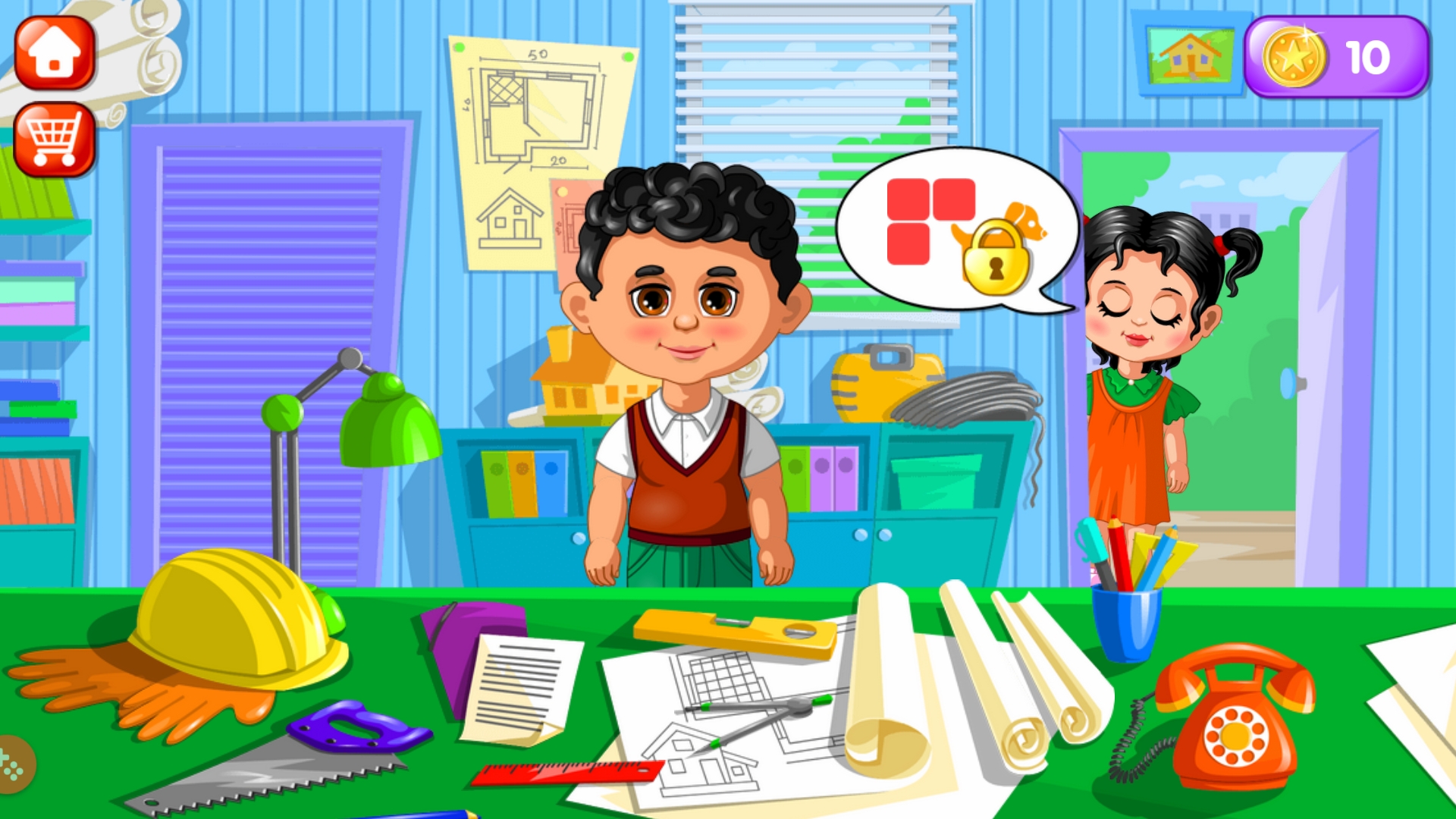 Today, in conjunction with a major new study that details a host of concerning practices in apps targeted to young children, CCFC and 21 other consumer and public health advocacy groups called on the Federal Trade Commission (“FTC”) to investigate the preschool app market. The advocates’ letter urges the FTC to hold app makers accountable for unfair and deceptive practices, including falsely marketing apps that require in-app purchases as “free” and manipulating children to watch ads and make purchases.
Today, in conjunction with a major new study that details a host of concerning practices in apps targeted to young children, CCFC and 21 other consumer and public health advocacy groups called on the Federal Trade Commission (“FTC”) to investigate the preschool app market. The advocates’ letter urges the FTC to hold app makers accountable for unfair and deceptive practices, including falsely marketing apps that require in-app purchases as “free” and manipulating children to watch ads and make purchases.
The study, “Advertising in Young Children’s Apps,” was led by researchers at University of Michigan C.S. Mott Children’s Hospital, and examined the type and content of advertising in 135 children’s apps. Researchers found a number of troubling advertising practices, including apps that force kids to watch ads or make in-app purchases in order to advance in the game, ads disguised as game play, and beloved characters urging children to make in-app purchases. Advocates assert that these practices are deceptive to kids and parents alike.
“This groundbreaking study demonstrates that popular apps for preschoolers are rife with marketing that takes unfair advantage of children’s developmental vulnerabilities,” said CCFC’s Executive Director Josh Golin. “Disguising ads as part of game play and using cartoon characters to manipulate children into making in-app purchases is not only unethical, but illegal. We urge the FTC to take swift and decisive action to hold app developers accountable for their unfair and deceptive marketing.”
Apps in the study, many of them marketed as “educational,” often contained video ads that interrupted gameplay and were difficult to click out of without being taken to the app store. Some apps required children to interact with an ad, often by playing a game, before they could close it. In some apps, like Espace Publishing’s Kids Animal Jigsaw Puzzle, pop-up video ads took up about as much time as gameplay. Other apps contained advertising that was disguised as play: In Disney’s Olaf Adventures, a glowing cake invites children to tap it, but when they do, they find not a game but a pop-up asking them to “protect Anna’s cake” by paying $3.99.
Popular characters also pushed kids to buy. In Budge’s Barbie Magical Fashion, which has more than 20 million downloads, Barbie encourages children to choose dresses, shoes, and accessories that need to be purchased. In Budge’s Strawberry Shortcake Sweet Shop, Strawberry Shortcake suggests that kids purchase premium tools that will make getting stars “even easier.”
“With young children now using mobile devices on an average of one hour a day, it’s important to understand how this type of commercial exposure may impact children’s health and wellbeing,” said Jenny Radesky, M.D., a developmental behavioral expert and pediatrician at Mott Children’s Hospital and a senior author of the new report. “Our findings show that the early childhood app market is a wild west, with a lot of apps appearing more focused on making money than the child’s play experience. This has important implications for advertising regulation, the ethics of child app design, as well as how parents discern which children’s apps are worth downloading.”
The letter to the FTC was drafted by the Campaign for a Commercial-Free Childhood (CCFC) and the Center for Digital Democracy (CDD), with assistance from the Communications & Technology Law Clinic in the Institute for Public Representation (“IPR”) at Georgetown University Law Center. Joining CCFC and CDD in signing the letter were Badass Teachers Association, Centre for Child Honouring, Color of Change, Consumer Action, Consumer Federation of America, Consumer Watchdog, Corporate Accountability, Defending the Early Years, Electronic Privacy Information Center, Media Education Foundation, New Dream, Open MIC (Open Media and Information Companies Initiative), Parent Coalition for Student Privacy, Parents Across America, Parents Television Council, Peace Educators Allied for Children Everywhere (P.E.A.C.E.), Public Citizen, the Story of Stuff, TRUCE (Teachers Resisting Unhealthy Childhood Entertainment), and USPIRG.
Angela Campbell, CCFC Board Member and Director of the Communications and Technology Clinic at Georgetown Law, said “Not only do these apps take unfair advantage of children, they are marketed to parents in a false and misleading manner. A game that requires in-app purchases to play is not ‘free.’ And distracting features and frequent advertising exposure reduces whatever limited educational value these games might have in the first place.”
“This study provides compelling evidence the children’s app industry is failing the needs of children and parents,” said Kathryn C. Montgomery, Ph.D., Professor Emerita at American University and Research Director of the Center for Digital Democracy. “The research adds to a growing body of scholarship documenting unethical and illegal practices in the children’s app marketplace. The FTC should act swiftly to hold app developers accountable.” She added, “The study also raises concerns about Google’s role in featuring these apps in its Play Store. The so-called ‘hybrid monetization’ business model, when applied to children, is not only highly inappropriate, but also harmful.”